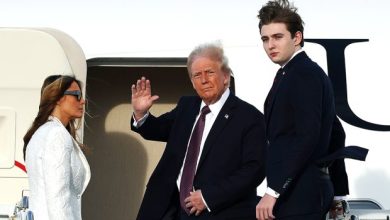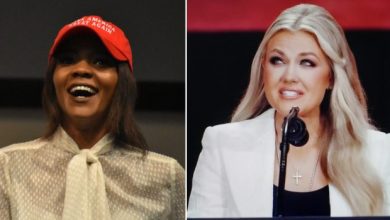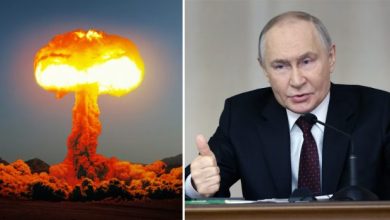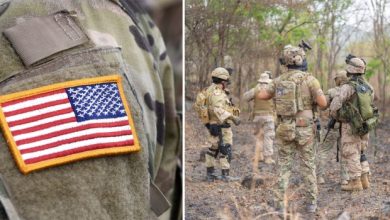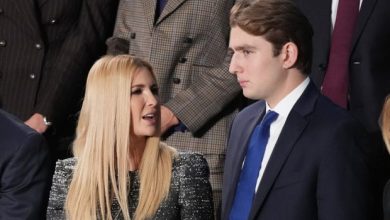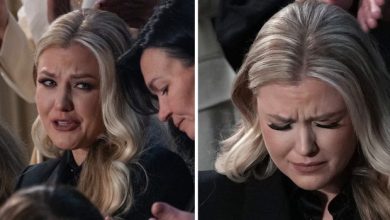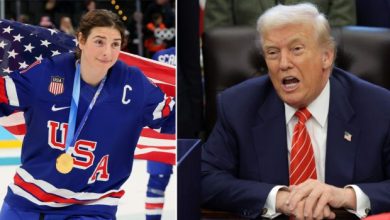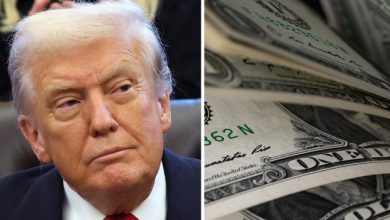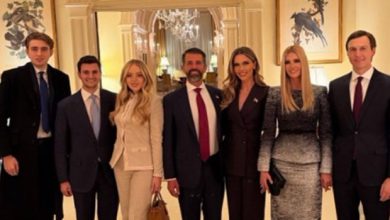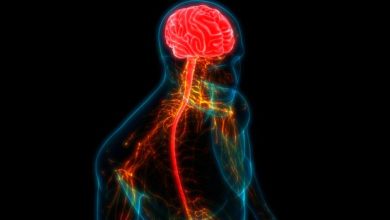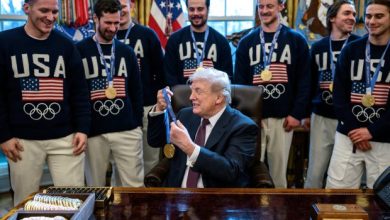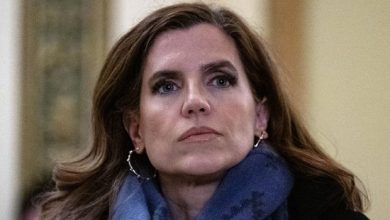What will happen to Barron Trump’s US citizenship after Trump signs order to end automatic birthright citizenship
Since being sworn in as the 47th President of the United States on January 20, Donald Trump has swiftly enacted several executive orders. These legally binding directives to the federal government bypass congressional approval, allowing immediate implementation of his policies. Among them, Trump has withdrawn from the Paris Climate Agreement and the World Health Organization (WHO), delayed the TikTok ban, and introduced an executive order targeting birthright citizenship.
The order has sparked significant debate, particularly about its implications and legality under the U.S. Constitution.
Understanding Birthright Citizenship
Birthright citizenship, grounded in the legal principle of jus soli (“right of the soil” in Latin), is established by the first sentence of the 14th Amendment to the U.S. Constitution:
“All persons born or naturalized in the United States, and subject to the jurisdiction thereof, are citizens of the United States and of the state wherein they reside.”
This principle ensures that nearly anyone born on U.S. soil is automatically granted citizenship, regardless of their parents’ immigration status or citizenship.
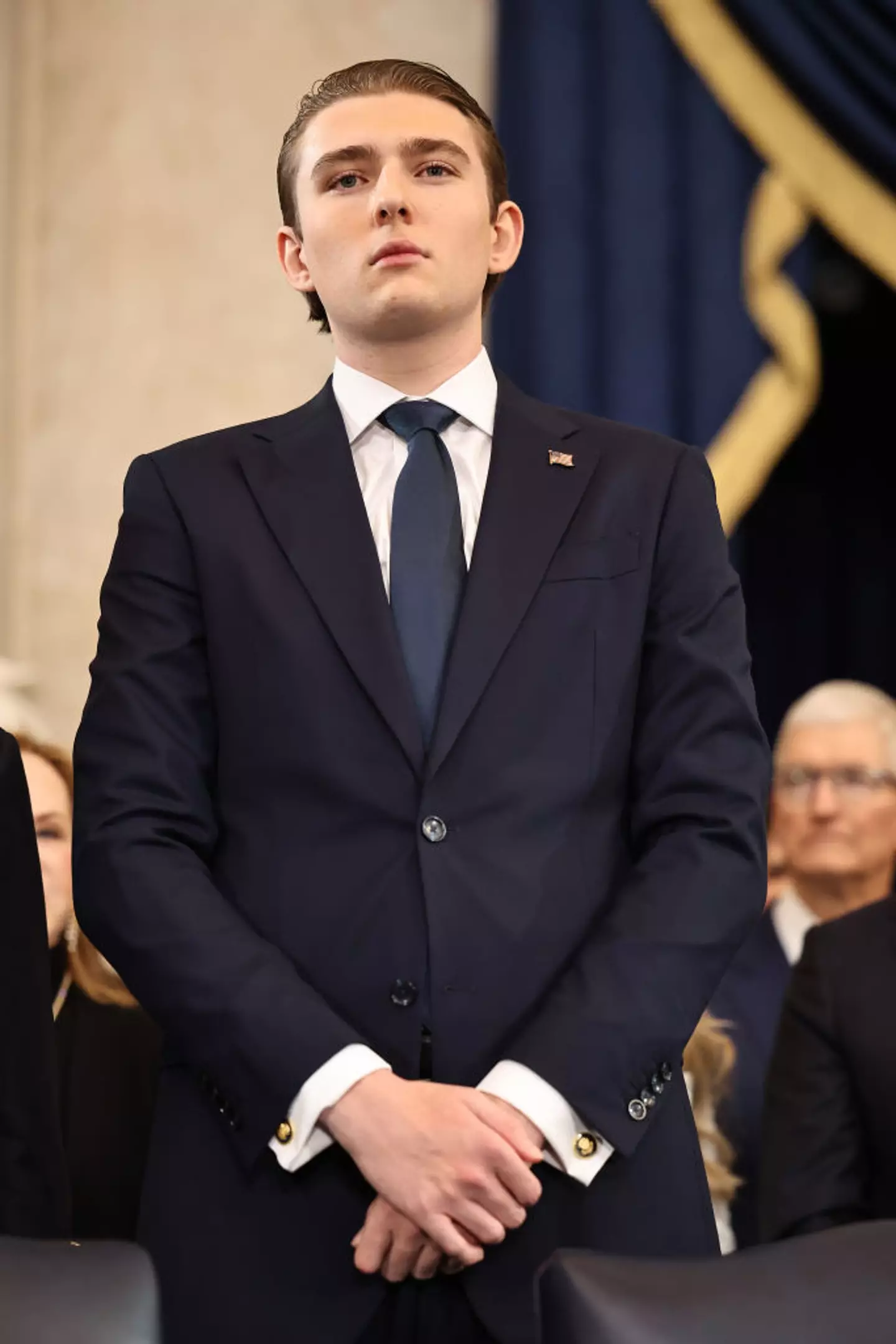
Donald Trump has already signed a number of executive orders including one which seeks to end birthright citizenship (Chip Somodevilla / Staff / Getty Images)
Trump’s Executive Order on Birthright Citizenship
The new executive order aims to alter the application of this principle. Under the order, children born in the U.S. to parents who are neither lawful permanent residents nor U.S. citizens would no longer automatically qualify for U.S. citizenship.
The order directs federal agencies to stop issuing or recognizing documentation that confirms U.S. citizenship for children born under these circumstances. It specifically targets children of unauthorized immigrants and those on temporary visas.
The order would take effect 30 days after being signed, raising concerns about its immediate impact on affected families.
Would Barron Trump Be Affected?
Barron Trump, born in Manhattan in 2006, is the youngest child of Donald Trump and Melania Trump. At the time of his birth, Donald Trump was a natural-born U.S. citizen, and Melania Trump was a lawful permanent resident, having held a green card since 2001.
This means Barron’s citizenship status is unaffected by the executive order, as he meets the criteria of having at least one parent who was a lawful permanent resident or U.S. citizen at the time of his birth.
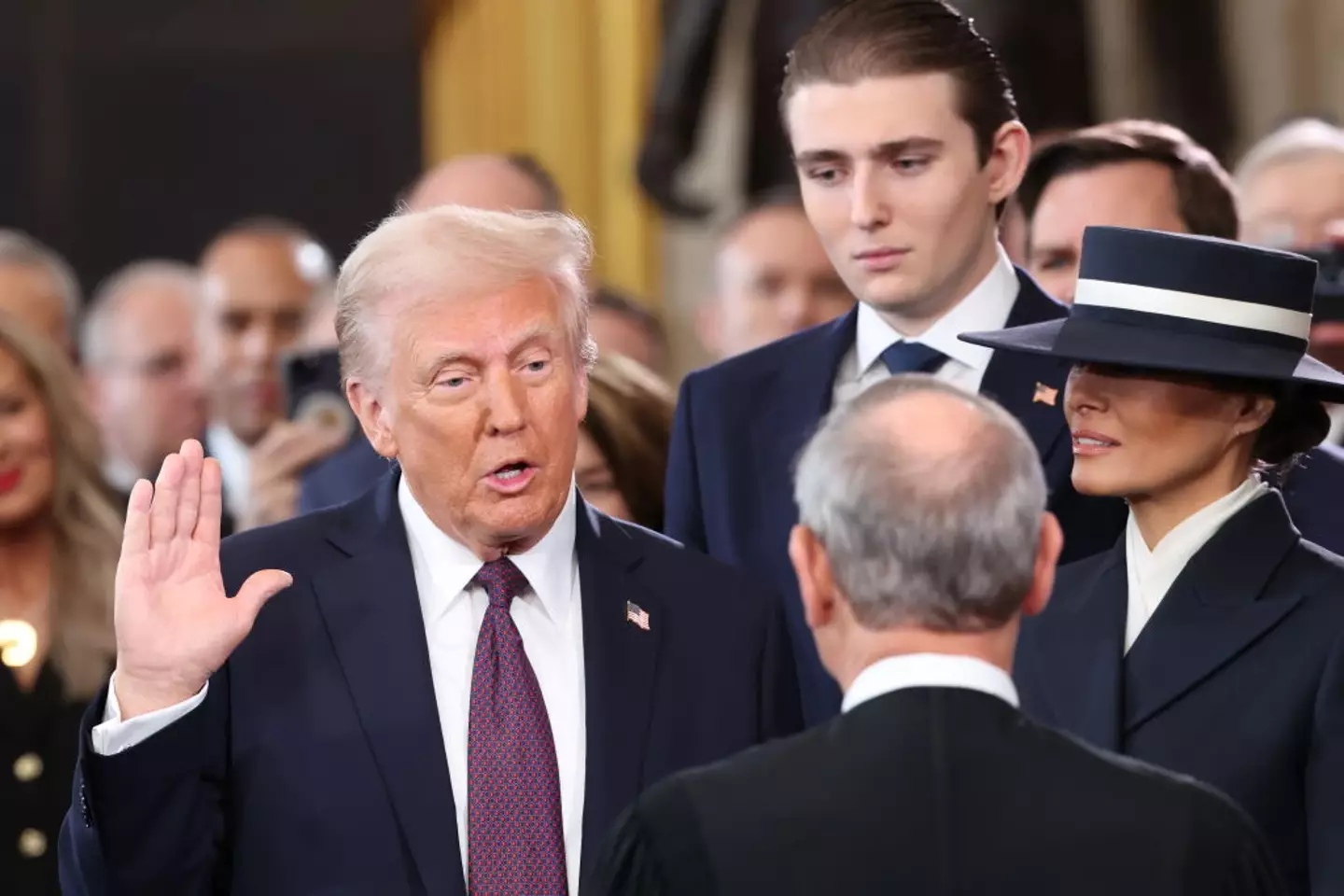
Barron Trump is a US citizen by birth (Pool / Pool / Getty Images)
Can Birthright Citizenship Be Revoked?
Birthright citizenship is protected by the 14th Amendment, making any attempt to revoke it legally complex. Constitutional amendments cannot be undone by executive order alone. Legal experts widely agree that such a move would face immediate and significant legal challenges, likely requiring intervention by the Supreme Court.
While the executive order may aim to influence the interpretation of birthright citizenship, it is unlikely to succeed without significant legal and constitutional hurdles.
Broader Implications
Trump’s order has reignited debate over immigration policy and the interpretation of the 14th Amendment. Critics argue that the order undermines constitutional protections and could disrupt the lives of families. Supporters, however, see it as a step toward reforming immigration policies and limiting what they view as misuse of birthright citizenship.
As legal challenges are anticipated, the future of this executive order—and its impact—remains uncertain.
Featured Image Credit: ANGELA WEISS/AFP via Getty Images
